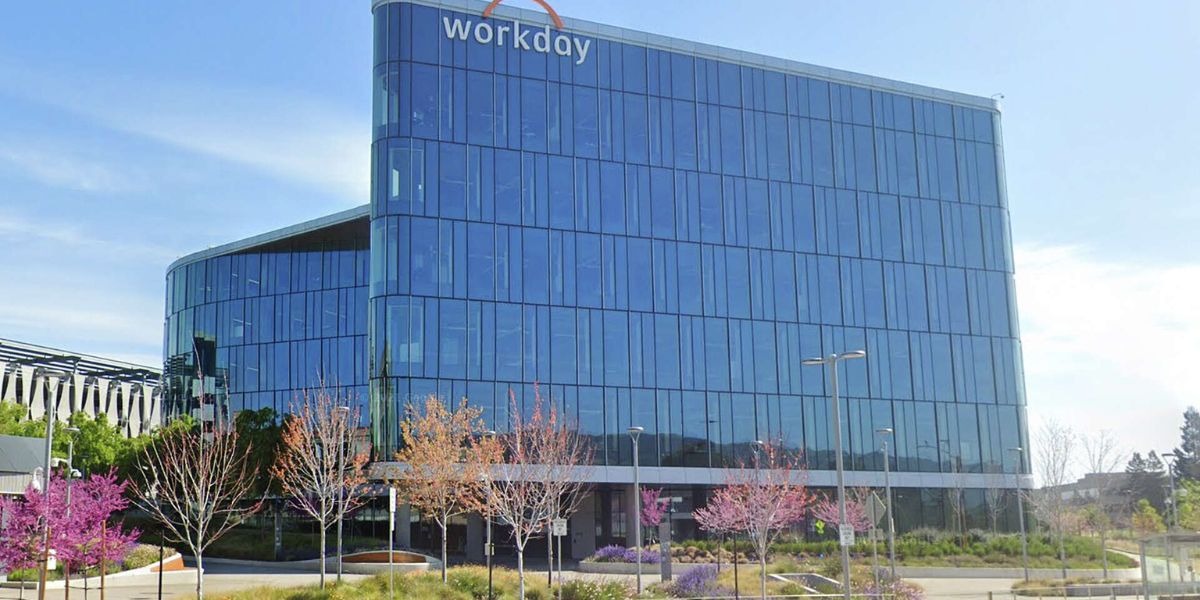If you watched the Olympics this year, you probably noticed a flood of commercials promoting artificial intelligence. Google, for example, featured a Jay-Z song in one of its AI ads. Another one starred comedian Leslie Jones, while a third ad showed a dad asking Google’s AI chatbot to help his daughter write a fan letter. That last one, however, faced criticism and was eventually pulled.
Actor Matthew McConaughey, wearing a cowboy hat, made an appearance in an ad promoting Salesforce’s AI. You might have also caught wind of Meta’s AI chatbot promotion or heard an AI-generated voice resembling TV broadcaster Al Michaels pushing Microsoft’s Copilot AI.
Samsung has been aggressively advertising its AI features for phones on TV and online. Meanwhile, Amazon has been pitching its AI tools to businesses. Even Charli XCX, the “Brat” musician, showcased a Google AI feature in one of her recent music videos.
Despite the fact that this is indeed the summer of AI promotions, one might wonder why there’s such a strong push for AI. If AI is as revolutionary as claimed, why do tech companies feel the need to spend so much on advertising to convince people?
According to data from TV measurement firm iSpot, tech companies spent about $196 million this year on TV commercials related to AI, as of August 8. This figure represents nearly half of their total spending on national TV commercials in 2024. AI ads on TV and online spiked significantly in recent months, especially during the Olympics, with companies like Meta, Google, and Microsoft leading the charge.
For instance, during the first 10 days of August, which included the Paris Games, around half of all Meta’s streaming video or online advertising focused on its AI chatbot, according to estimates by market intelligence firm Sensor Tower.
There are two main reasons for this surge in AI advertising, according to media industry analyst Brad Adgate. First, AI is a new and competitive product category, which often leads to advertising battles, much like we’ve seen before with rival soda brands or sports betting sites. Companies are vying for consumer attention, trying to establish themselves as leaders in the AI space.
Second, the Olympic Games provided a unique opportunity. With many Americans tuning in, the timing was ideal for tech companies to reach a large audience.
Augustus Cook, who works at advertising agency R/GA Americas and helped with marketing for Google’s “circle to search” AI feature, acknowledged that people might feel overwhelmed by the sheer volume of AI ads. The challenge for these companies, he said, is to show how AI can genuinely improve our lives or work, and why one company’s AI is better than another’s. “You can have the best technology,” Cook noted, “but unless you’re able to win people over, it’s an uphill battle.”
Interestingly, while most companies mentioned in these ads declined to comment, Salesforce’s senior vice president for global campaigns, Adam Forrest, did explain that their ads aim to show “the practical everyday ways our AI is helping employees and consumers.”
Not long ago, many Silicon Valley companies shunned conventional advertising, believing their products were good enough to sell themselves. However, as technology became mainstream, these companies began adopting traditional promotional tactics. Now, they are among the world’s biggest brand advertisers.
Even Tesla, a company run by Elon Musk, who once famously said he hated advertising, has started buying ads. This shift comes at an awkward time, as some investors have recently expressed concerns that tech companies are spending too much on AI without seeing enough financial returns.
Also Read:
- Possible Iranian Hack on Trump Campaign Raises Alarms Over Foreign Interference in U.S. Elections
- Illinois Leads the Nation with New Child Support Policy Benefiting Low-Income Families
In a surprising twist, OpenAI—the company most responsible for the current AI frenzy with its ChatGPT and Dall-E—has chosen not to participate in the AI ad wars. OpenAI does not advertise, preferring to let its products speak for themselves.




